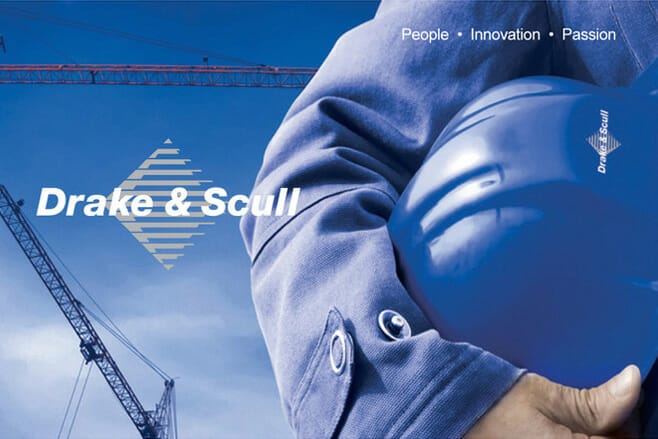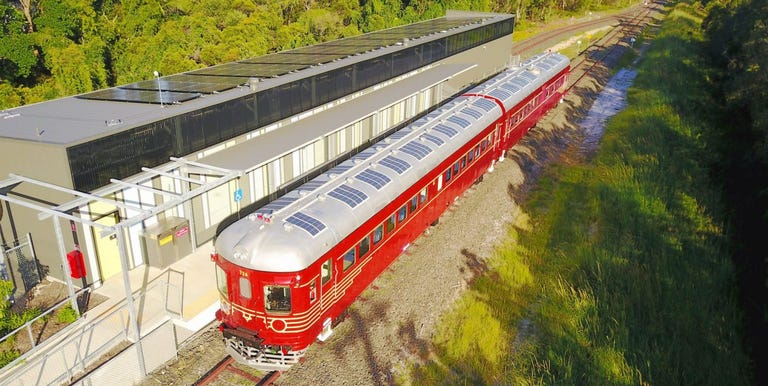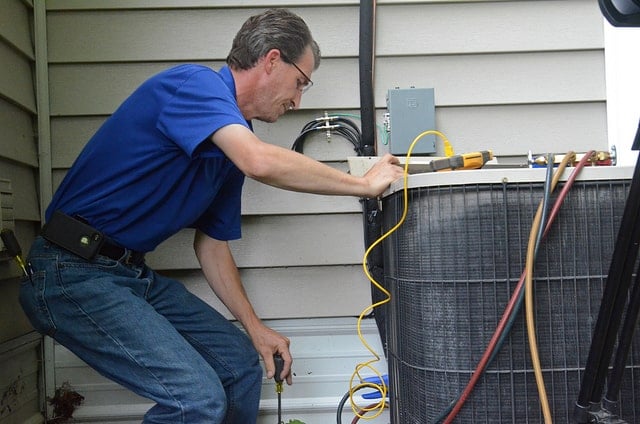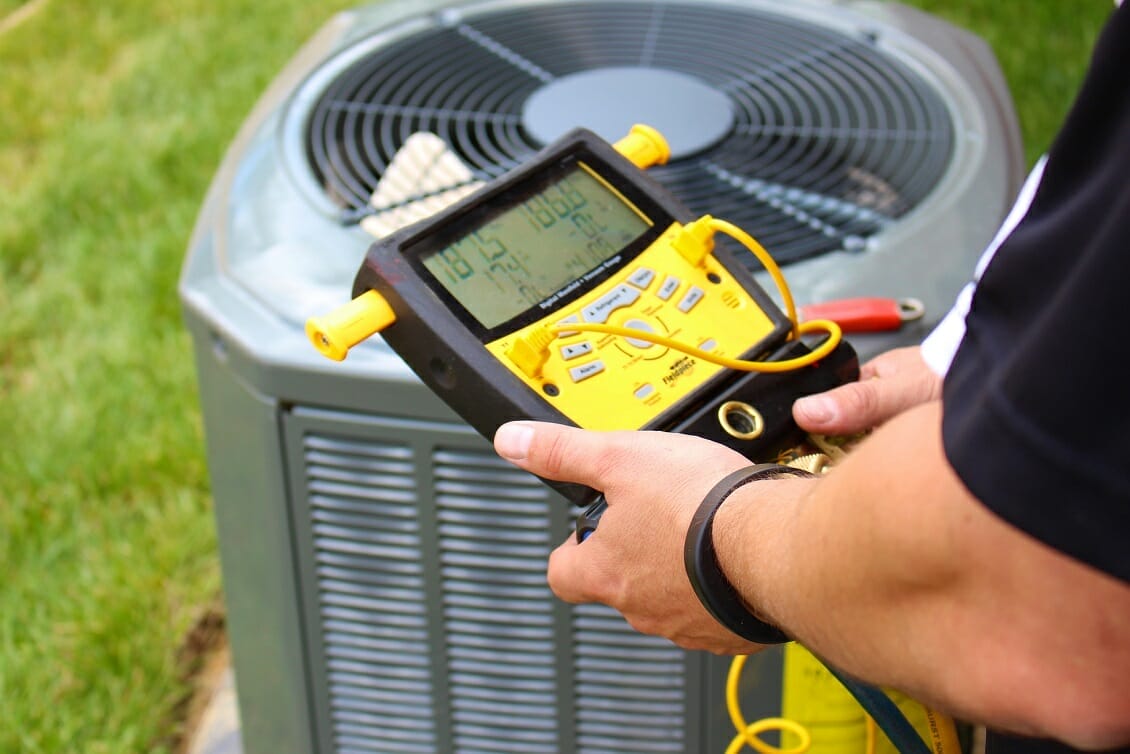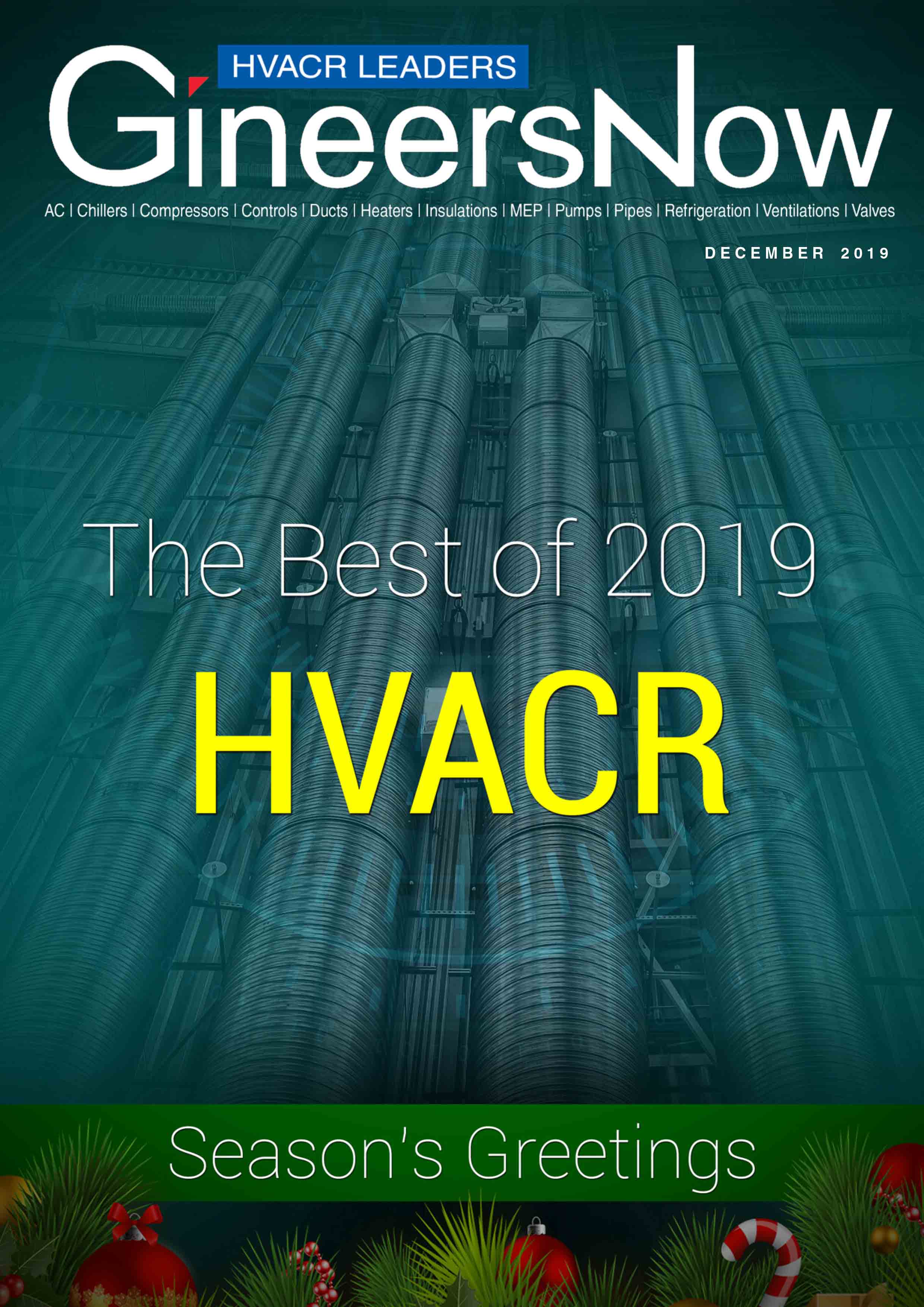For more than 135 years, Drake and Scull International PJSC has provided incredible work in delivering integrated design and efficient solutions in different sectors such as infrastructure, oil and gas, waste and energy, and mechanical electrical and plumbing (MEP). With a mission to provide world-class projects while promoting environmental protection and sustainable communities’ development, the company is now a global industry leader that continues to prioritize its people, encourage innovation, foster its passion and enforce the highest standards of ethical behavior within the company.
In this exclusive interview with Sameer Daoud, the Group Chief Development Officer and Managing Director of the company, learn more about its recent achievements and iconic projects, Sameer’s opinion on the current and future state of the MEP market, his thoughts on the biggest challenges Drake and Scull International will be facing in the next 12 months and how the MEP industry contributes to green construction and sustainability targets.

Describe Drake and Scull.
With an overall revenue (2016) of AED 3.259 billion, a full-time staff of 19,000 with 813 qualified engineers, Drake and Scull International PJSC is a global industry leader delivering state-of-the-art projects and solutions across its high-performance sectors including: General Contracting, Engineering, Rail & Infrastructure, Oil and Gas, Water and Wastewater treatment. Through our operations, we provide integrated design, smooth functionality and efficiency from start to finish. From Infrastructure Development, Waste to Energy, Data Centres Development, Mechanical Electrical and Plumbing (MEP) to Renewable Energy, Drake & Scull continues to be at the helm, driving the market forward through our people, passion, innovation and integrity for more than 135 years.
Describe the company’s recent achievements, breakthroughs or successful “iconic” projects.
Today in the UAE, we are in the midst of amazing projects, including the Presidential Palace in Abu Dhabi, completed at the end of March. We are working on the Louvre, an iconic symbol of friendship between France and the UAE, between the Western and Arab worlds. That project is scheduled to be completed shortly, with the official opening to be announced by the government.
Another spectacular project is the Strategic Tunnel Enhancement Programme (STEP) in Abu Dhabi, an industrial project that breaks many world records, and was featured on National Geographic’s Mega Structures television show. It will make a massive difference to the infrastructure of Abu Dhabi. Another highly prestigious project is the Jabal Omar development in Makkah in Saudi Arabia, where we are building four hotels. Here in Dubai, we are working on the W. Hotel on the Palm, the Wafi Mall extension, and the Jumeirah Open Beach development project, as well as the St. Regis in Amman.

What is your view of the current state of the MEP market?
There is a great future with regard to work. As I highlighted earlier, the size and the complexity of mega projects require a company like DSI to deliver the MEP elements. I think the market will continue becoming ever more competitive, as there is too much supply. Differentiation will be the key to the sustainability of the business. I think DSI is differentiated enough in terms of its quality, its innovation, its people, and its ability to undertake complex and large projects.
What is the biggest challenge your business is facing over the next 12 months?
Our biggest challenge is to continue rebuilding our image after a successful organizational and financial restructuring of the company. Overall, our immediate priority in 2017 is to stabilize the business and complete the rotation and disposal of our non-core assets and divestments to generate cash. As we do so, we shall identify inefficiencies, fix productivity bottlenecks, resolve legacy issues, and more importantly, motivate our people, who are the reason behind our company’s resilience and unwavering optimism. We have already implemented several measures to foster a stronger sense of ownership, accountability and excellence to make the company leaner, efficient and more disciplined.
What is DSI’s view of the local MEP market?
The MEP market in the UAE is very promising.
We have a lot of work available, with many upcoming milestones such as the Expo 2020 and the 2030 Vision. We see great developments and projects coming up that will comprise a lot of MEP work. In addition, we see a lot of focus on the infrastructure side in terms of water reticulation and district cooling, which we are very capable of delivering. A third component is the industrial market. The UAE government is supporting and pushing these projects forward, and that looks very promising. In general, the local MEP market is currently strong, with many ongoing projects, and continues to look very promising, with a lot of work in the pipeline for at least the next five to ten years.
Within DSI, we focus on the MEP elements as they relate to commercial and hospitality projects and the industrial sector. This is because DSI has decided to focus on its core strength, which is MEP. We have been ranked top as a MEP contractor, and are well-positioned to continue leading the market.
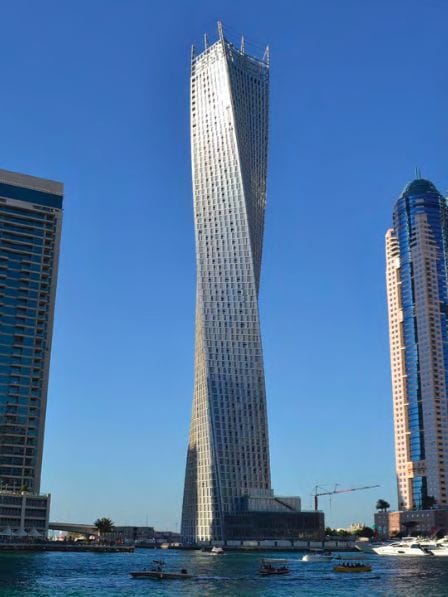
What opportunities exist for specialist MEP contractors?
Opportunities don’t just come along; we create opportunities by being innovative and focused. Every MEP specialist can grow and become profitable. Of course, there are challenges. However, I always stress the need to use the best technology, being innovative, and providing value engineering balanced equally between improving quality and reducing costs, as well as reducing the timeframe.
MEP contractors, in general, don’t cover all aspects of MEP, so there is always a supply chain in terms of sub-contractors. My recommendation is to focus on what you see as your core business and main competitive strength, instead of trying to do everything yourself. This is how you can ensure you bring in the right people for the right job, instead of taking on bigger jobs than you can handle, ending up with a long supply chain that does not help with what you are trying to achieve. So it is better that each party focuses on their own core business as a contractor, and tackles those elements they are best suited for.
How is the MEP industry contributing to green construction and sustainability targets?
It starts from the beginning – with the vision of the developer, the government with its codes with standards, and the subsequent specifications beholden on the contractor, and the contractor understanding and having the ability to deliver above and beyond the usual standards. When we talk about sustainability, it is not only about the building itself being sustainable, but that the entire construction process itself is sustainable throughout the project lifecycle.
What are some of the biggest talking points for the MEP industry in 2017?
The fact that it is surviving not because of a lack of projects, but due to a lack of cash. Terms and conditions are onerous, cash is not guaranteed and banks are more cautious than before. As contractors, we cannot work without access to credit facilities. There are huge pressures and demands when it comes to cash, due to the huge commitment of any contractor in terms of set-up. From staff, labourers, suppliers, to sub- contractors, the minute you are short of cash, the problems begin to escalate rapidly.
What are your thoughts on the future of MEP – given the changing dynamics of the construction industry itself?
You cannot build anything without MEP, and that is not an exaggeration. MEP is the key to the success of any project! MEP will always be there. However, it will only grow and evolve by becoming more efficient. This is the time when we have to step forward and lead the industry. We cannot be in the backseat anymore. We have to be in the driver’s seat, and lead with innovation and technology, so as to be in a position to ride the wave of upcoming developments. Otherwise, you will get left behind.
About Sameer Daoud
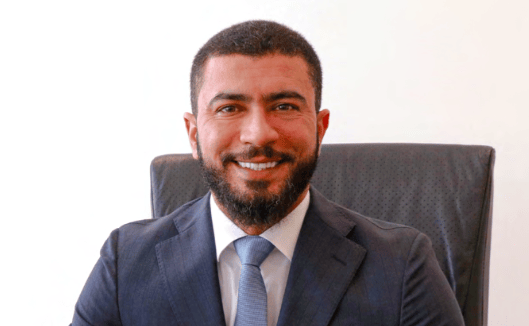
Sameer Daoud is the Group Chief Development Officer and Managing Director at Drake and Scull International PJSC.
Prior to joining DSI, Sameer served as the Global Business Leader for Infrastructure & Water in Arcadis and as Regional Managing Director – Transport and Infrastructure at Hyder Consulting.
Sameer’s main focus is to develop the business and set the goals and strategy of the company and then to collaborate with the management to carry out these set goals. He devotes his efforts to the company to spearhead the creation of new business opportunities, to act as the public face of the company and interact with government, business, public leaders and organizations of all kinds.
In addition, Sameer is the Managing Director for KSA and is responsible for all the activities in the country from P&L to Operations, business activities, growth strategy,development and delivery.
Sameer also contributes to the board by imparting information on business trends and issues that impact the profitability of the business, and using his expertise to assist in forming and evaluating corporate goals, direction and strategies.


